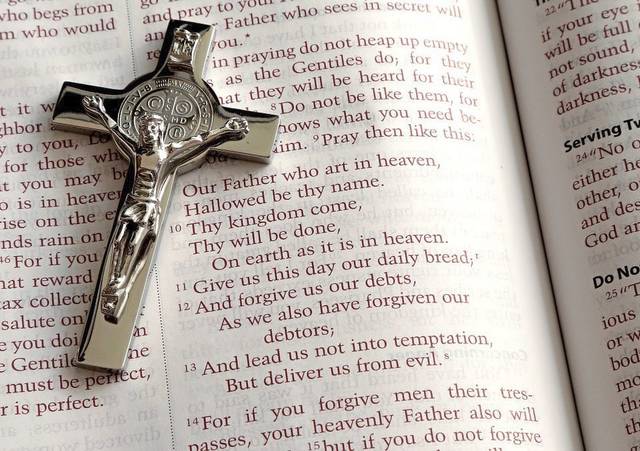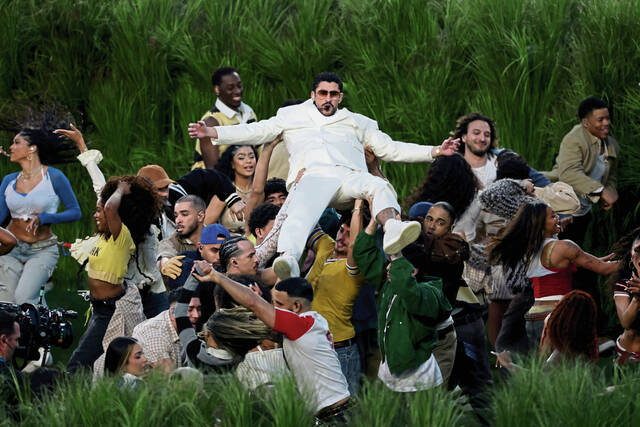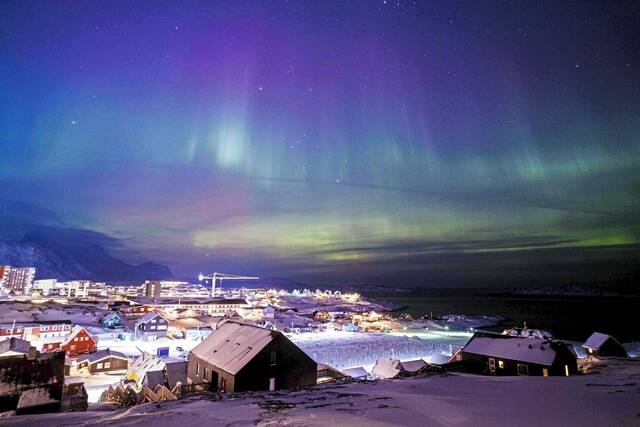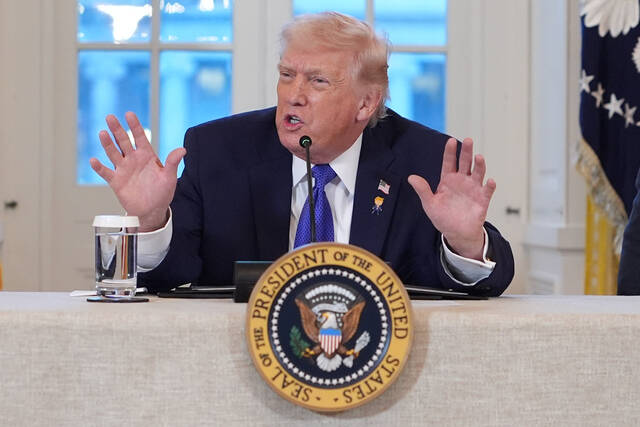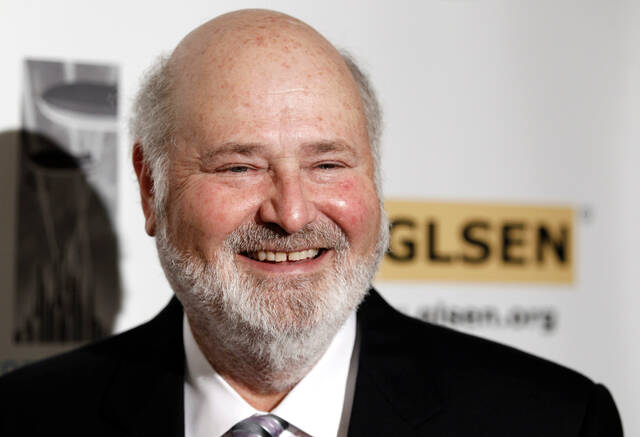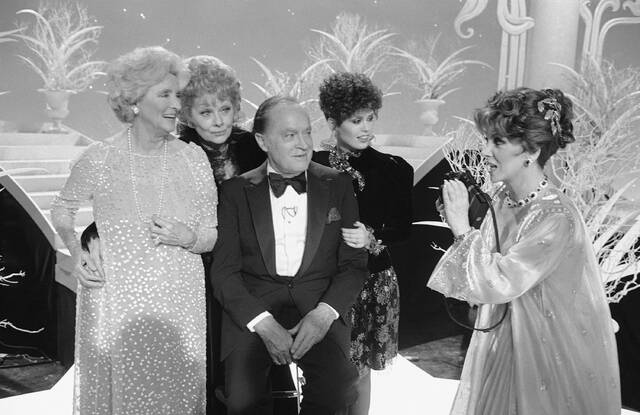Thanksgiving Day 100 years ago was truly a blessed occasion. President Woodrow Wilson’s Thanksgiving proclamation was significant because America and the world had enjoyed their first full year of peace since 1914. World War I had been a particularly vicious war, described by philosopher Sidney Hook as no less than “the second fall of man.”
The world had never seen anything like it.
All of which was why Wilson was especially thankful that Thanksgiving.
“The season of the year has again arrived when the people of the United States are accustomed to unite in giving thanks to Almighty God for the blessings which He has conferred upon our country,” said Wilson. “A year ago our people poured out their hearts in praise and thanksgiving that through Divine aid the right was victorious and peace had come to the nations which had so courageously struggled in defense of human liberty and justice.”
Wilson concluded by declaring Nov. 27, 1919 a “day of thanksgiving and prayer by my fellow-countrymen, inviting them to cease on that day from their ordinary tasks and to unite in their homes and in their several places of worship in ascribing praise and thanksgiving to God the Author of all blessings and the Master of our destinies.”
There is much that could be said about this. Beyond the obvious history lesson, what strikes me about Wilson’s proclamation and other presidential Thanksgiving proclamations past, from Washington to Lincoln to Kennedy to Reagan and more, is how strikingly religious these statements were.
In 1789, America’s first president proclaimed a “day of public thanksgiving and prayer,” and urged the citizenry to practice “true religion and virtue.”
In 1863, President Lincoln urged his countrymen to set aside the last Thursday of November “as a day of Thanksgiving and Praise to our beneficent Father who dwelleth in the Heavens.”
President John F. Kennedy, in his first Thanksgiving proclamation, offered a civics lesson as well as a prayer: “More than three centuries ago, the Pilgrims, after a year of hardship and peril, humbly and reverently set aside a special day upon which to give thanks to God.” Quoting the Bible, Kennedy affirmed: “It is a good thing to give thanks unto the Lord.”
President Ronald Reagan in his proclamation for Thanksgiving Day 1986 stated that, “Perhaps no custom reveals our character as a Nation so clearly as our celebration of Thanksgiving Day. Rooted deeply in our Judeo-Christian heritage, the practice of offering thanksgiving underscores our unshakeable belief in God as the foundation of our Nation and our firm reliance upon Him from Whom all blessings flow.”
I could go on and on with examples like this from presidents from Teddy Roosevelt to Franklin Delano Roosevelt, from Harry Truman to George W. Bush. These presidents were Democrat and Republican, liberal and conservative. It didn’t matter. Americans have long been a religious people, and Thanksgiving was genuinely about not merely being “thankful” but giving thanks explicitly to God for our blessings. I fear that the modern spirit, as this nation becomes increasingly secular, is less about the God part than about being simply thankful.
Look, it’s good to be thankful. But it’s also good to keep in mind that Thanksgiving Day in America was, first and foremost, about being thankful to God. That seems worth remembering, at least once a year.


